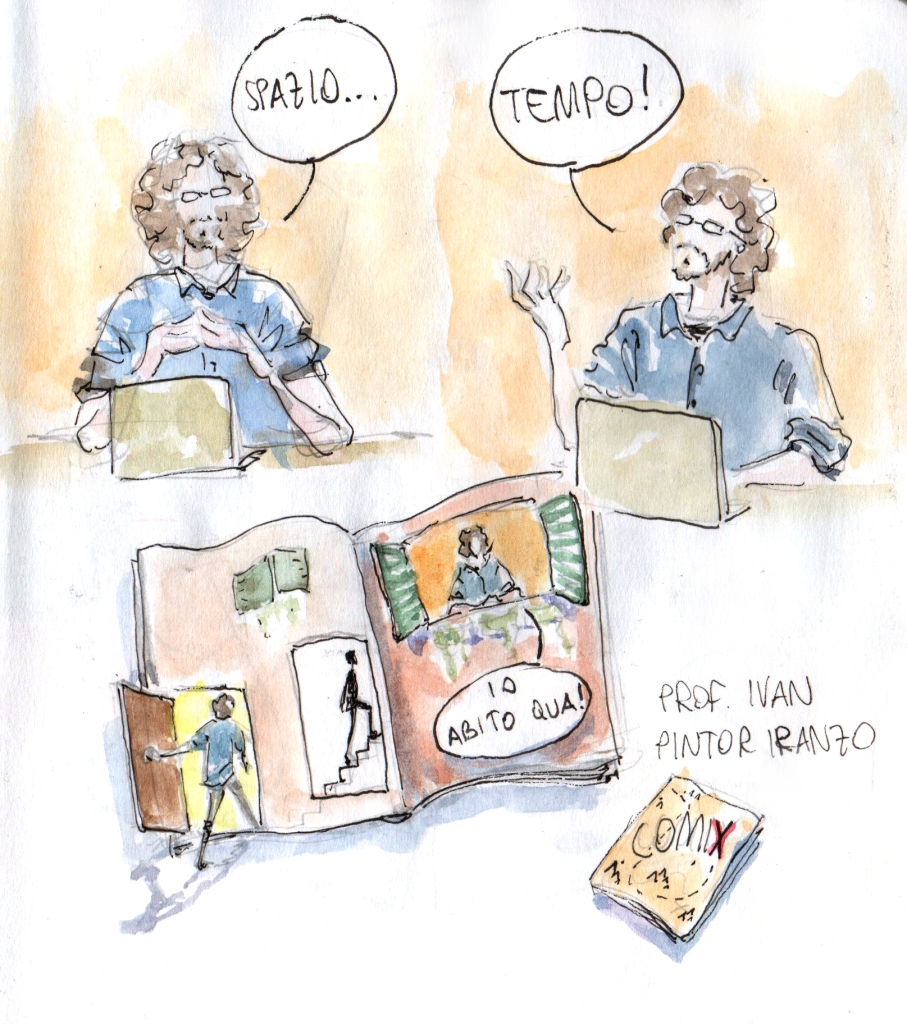A few years ago, art critic Peter Schjeldahl noted that “graphic novels…are to many in their teens and twenties what poetry once was, before bare words lost their cachet.” In other words, graphic novels—long-form comics—are what all the cool kids are reading. This claim, in and of itself, is hardly new or shocking, but what interests me is his use of the term “avant-garde” in reference to graphic novels, or, as he somewhat disparagingly comments, “pumped-up comics.” “Avant-gardes,” he asserts, “are always cults of difficulty,” before launching into a discussion of his first example, Jimmy Corrigan by Chris Ware. Coming from the field of arts criticism, it may seem self-evident to refer to experimental or “difficult” comics as avant-garde [1], but in comics criticism it’s not as obvious; more frequently, the cartoonists Schjedahl mentions (Art Spiegelman, Dan Clowes, Marjane Satrapi) are referred to as “alternative”—to differentiate them from the mainstream publishing houses such as DC and Marvel—rather than “avant-garde.” This distinction, however, raises even more questions: is the avant-garde part of mass culture, or is it inherently antagonistic to “bourgeois” art forms and institutions? Does the “avant-garde” imply a kind of rebellion, and, if so, is the nature of this revolt political, or is it more directed at renewing and reinventing art forms, or both? What are implications of using the term “avant-garde” for comics?
Read the rest of this entry »

